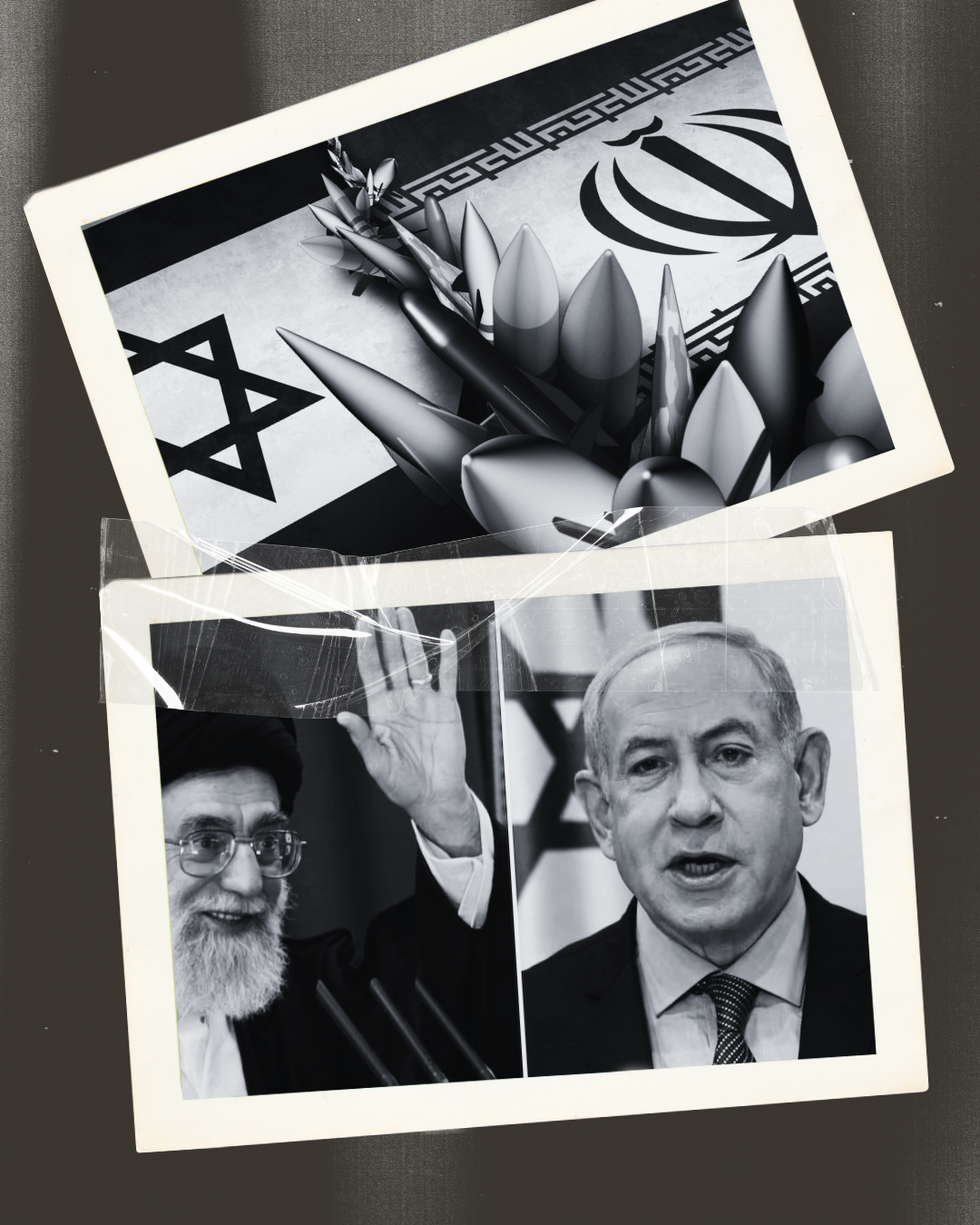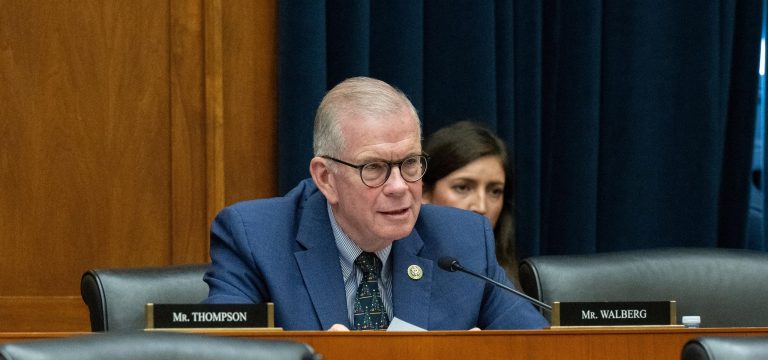It Has Begun Iran-Israel Conflict
The recent surge in hostilities between Iran and Israel represents a significant escalation in regional tensions, reflecting complex geopolitical dynamics. This analysis delves into the specifics of the conflict, examining the sequence of events, the military strategies employed, and the broader implications for Middle Eastern stability.
Overview of Recent Events
See previous article on this subject here
The conflict intensified following an Israeli attack on the Iranian consulate in Syria, which Iran described as a provocation. In retaliation, Iran executed several military operations against Israeli territory, employing drones and missiles. These actions signify a notable escalation in Iran’s military engagement and showcase its capability and willingness to strike directly at Israeli targets.
Iranian Attacks
Iran’s response involved sophisticated drone and missile technology, indicating a high level of military preparedness and strategic planning. The Iranian Revolutionary Guard confirmed its direct involvement, underscoring the state-level endorsement and execution of these attacks. This represents a shift from the usual proxy engagements typically seen in the region, where Iran has historically exerted influence through allied groups rather than direct confrontation.
Israeli Reaction
In retaliation to the attacks and ongoing threats, the Israeli military conducted several significant operations in Gaza, particularly targeting the Nuseirat refugee camp. These operations have led to heavy Palestinian casualties, highlighting the conflict’s devastating impact on civilian populations.
Humanitarian Impact
The humanitarian situation, especially in Gaza, has deteriorated markedly. The recent Israeli offensives have resulted in numerous civilian casualties and extensive damage to infrastructure. This exacerbates the already dire conditions in Gaza, compounded by longstanding issues of accessibility, medical care, and basic necessities.
Geopolitical Implications
The direct engagement between Iran and Israel marks a concerning development for regional security. It disrupts the relative indirectness of prior conflicts and poses a significant risk of broadening the conflict scope, potentially drawing in other regional players and affecting global stability.
Role of International Community
The international response has been cautious, with global powers monitoring the situation closely. The US has explicitly reaffirmed its support for Israel, emphasizing its strategic interests in the region and its commitment to Israel’s security. This stance, however, complicates the US’s position regarding Iran and may influence future diplomatic interactions.
Prospects for Escalation or Resolution
The cycle of retaliation between Israel and Iran suggests a potential for further escalation, especially without significant diplomatic intervention. Each side has demonstrated a capability and readiness to continue military engagements, which could lead to an expanded conflict involving more extensive regions and participants.
The recent Iran-Israel conflict highlights the fragile and volatile nature of Middle Eastern geopolitics. The direct confrontations and significant civilian impacts underscore the urgent need for diplomatic efforts to address and resolve the underlying issues contributing to the conflict. International actors, particularly those with strategic interests in the region, must prioritize dialogue and negotiation to prevent further escalation and to ensure regional and global stability. At this juncture it is not unreasonable to suggest that the irresponsible Zionist factions need a time out. The world is growing weary and impatient.







